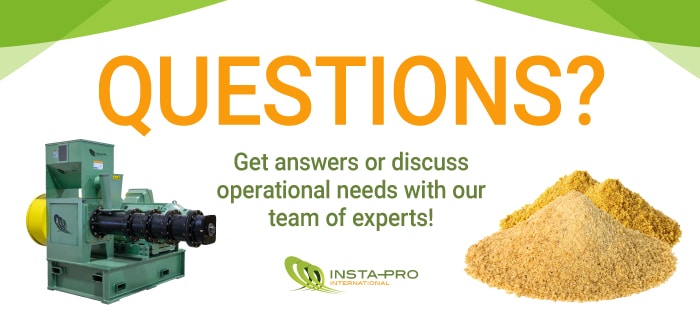Building a Smarter Food System

Ensuring global food security is not easy and a challenge that is being worked on by many businesses, governments, and NGOs around the world. For years, Bill Gates has been saying that big data will change the way we farm and produce food… for the better. Big data consists of capturing and sharing quality metrics, such as market data or nutritional statistics.
As the world population continues to grow and urbanize, food consumption patterns are changing all over the globe. The USDA expects global demand for food to grow by 2.5% each year from 2020 to 2030, while food production will only grow by 2% each year. To meet this growing demand, the global food system will need to improve efficiency, become more responsive to consumer expectations, increase profits, and become more resilient to swings in commodity prices and other economic shocks.
Companies have been working hard to develop precision technologies to help the food chain produce more food on the same amount of land. Technologies that are being developed in farming, processing, and logistics are already starting to change food systems. For example:
- Drones monitor livestock, crops and measure pasture and grass growth. This technology is being further developed to become more reliable and adapted for use across the globe.
- Retailers capture and use data to track purchases and monitor perishable goods to gain insight into purchasing habits.
- Agri-tech start-ups are developing tools to help farmers cut costs and increase yields, through weather information, analytics, soil monitoring, and price information.
- Poultry producers can improve welfare and profitability by monitoring each stage of the production cycle.
- Plant and soil sensors coupled with GPS provide farmers with real-time data to optimize the delivery of water and fertilizers.
So, what can we do with all of this data? As a processor, it is important to work with businesses that understand new technology and help you apply it to your operation. It is also crucial to work with companies that are focused on innovation and have a track record of working with their customers after the sale.
In addition to these technological advancements, there’s a growing emphasis on sustainability in food production. This includes reducing waste throughout the supply chain, adopting eco-friendly practices, and promoting biodiversity. Sustainable agriculture aims to minimize environmental impact while ensuring long-term food security. Initiatives like organic farming, regenerative agriculture, and agroforestry are gaining traction as alternatives to conventional methods.
By prioritizing sustainability, we can safeguard natural resources for future generations while meeting the nutritional needs of a growing population. Collaboration among stakeholders is key to implementing sustainable solutions effectively, emphasizing the interconnectedness of food systems worldwide. By harnessing the power of technology and embracing sustainability, we can build a more resilient and equitable food future for all.



